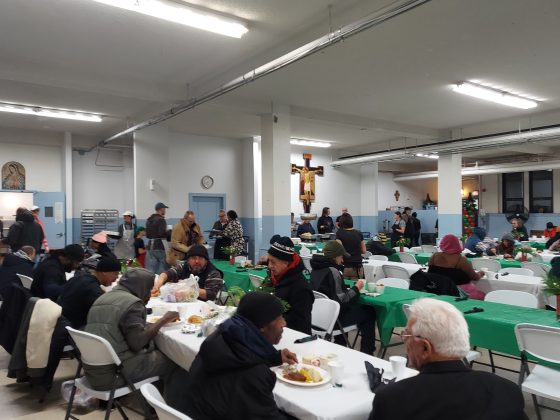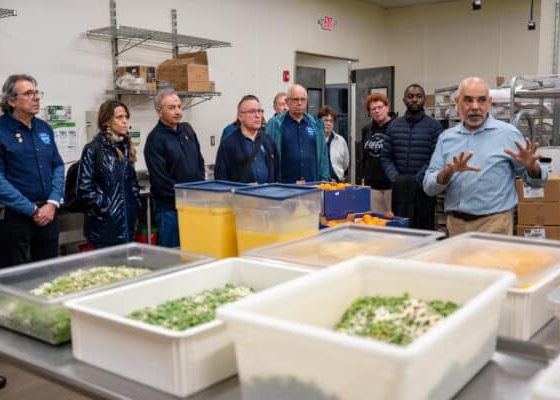Why does it sometimes seem difficult to withhold judgment when we visit our neighbors in need?
In his famous essay “The Undeserving Poor,” [Serving in Hope, Module IV] the late Bishop Kenneth Untener explains how easy it is to serve a poor child, because they can’t help it if they’re poor, and they haven’t the ability to work their way out of it.
They are not the ones that are difficult to serve – it’s the ones who seem to be the cause of their own problems; the ones we help up only to see them fall again. You know – those kind of people.
In his biography of Sister Stanislaus Malone, Nun with a Gun, biographer Eddie Doherty recounts the story of Sister Helen, an older nun who once told an alcoholic to leave and not come back, saying “it would be a waste” of time and resources to keep helping him when he would only start drinking again.
The man left, but not before reminding her that she did not know the temptations he had faced.
After he left, Sister Helen sobbed at her own failure of charity, saying, “What right had I to assume he would succumb again to the evils of drink? How many battles has he won? Nobody knows. I think only of the battles he has lost – and the battles I myself have won.”
It is easy to remember that time we beat temptation, or pulled ourselves out of difficulties by our bootstraps, and to let it color our judgment of the failures of others. We forgive and forget our own failures of will or of virtue, because deep inside we understand that our failures don’t define us; that however our own stumbles may be seen by others, we are “not that kind of person.”
It was because of this human fallibility that St. Vincent taught that we should “get in the habit of judging events and persons, always and in all circumstances, for the good. If an action has a hundred facets to it…always look at its best side… even though intelligence and human prudence tell us the contrary.” [CCD XI:638]
Perhaps this is part of Christ’s meaning when he commands us to “love your neighbor as yourself.” [Mt 22:39] Love is offering not only our assistance, but our understanding, our patience, and the benefit of the doubt.
Because we are all made in His image, and we are all “that kind of person.”
Contemplate
How can I better “see the good” in all circumstances?
Recommended Reading
Vincentian Meditation II – especially 10. Expecting and Seeing




what is the basic web address to see list of all contemplations?